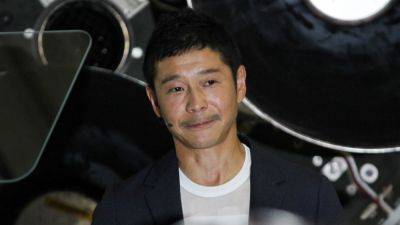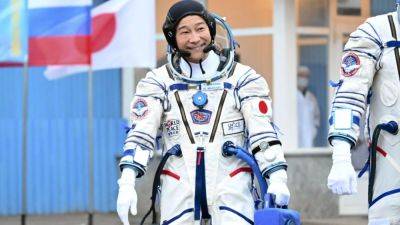Overlooked No More: Bill Hosokawa, Journalist Who Chronicled Japanese American History
This article is part of Overlooked , a series of obituaries about remarkable people whose deaths, beginning in 1851, went unreported in The Times.
In 1937, Bill Hosokawa was majoring in journalism at the University of Washington, where he had started developing a promising portfolio, having written for several small Seattle newspapers. So it came as a surprise when a professor of his called him into his office and advised him to change his career plan.
“No American publisher is gonna ever hire you,” the professor said. “We don’t like prejudice and discrimination, but you know it exists.”
Hosokawa knew that the professor was referring to: Hosokawa was Japanese American. But he spurned the advice. He decided, as he said in a 2001 interview with Densho, a nonprofit that preserves the history of Japanese Americans placed in incarceration camps during World War II: “To hell with that. Why, I’m going to go ahead with this and do what I can.”
He would go on to have a decades-long career in journalism, becoming one of the first editors of color at a metropolitan newspaper, The Denver Post, writing several books and using his work to advocate for the rights of Japanese Americans, even after he was shipped to an incarceration camp by the federal government during the war.







